Straight people think bisexual women are more promiscuous and neurotic, study finds
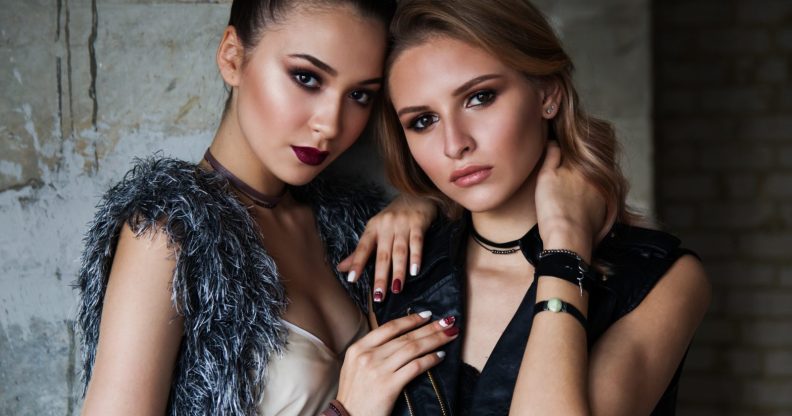
Women who have sex with women orgasm way more often (Pexels)
Bisexual women are more promiscuous, confused and neurotic than anyone else, according to straight people.
A study published in The Journal of Sex Research found that straight people also think bi women are less inclined to be monogamous, less agreeable and less conscientious than people with other sexualities.
The research, which was conducted by Tel Aviv University’s Alon Zivony and the Interdisciplinary Centre Herzliya’s Tamar Saguy, surveyed 261 heterosexual adults.

(Pexels)
These subjects were given descriptions of lesbian, straight and bi women on dates, then asked to analyse their “romantic potential.”
The authors noted that “bisexual women were evaluated as more confused and promiscuous relative to nonbisexual women.
“Moreover, the stereotypical evaluations of bisexual women were inversely related to knowledge about these stereotypes.”
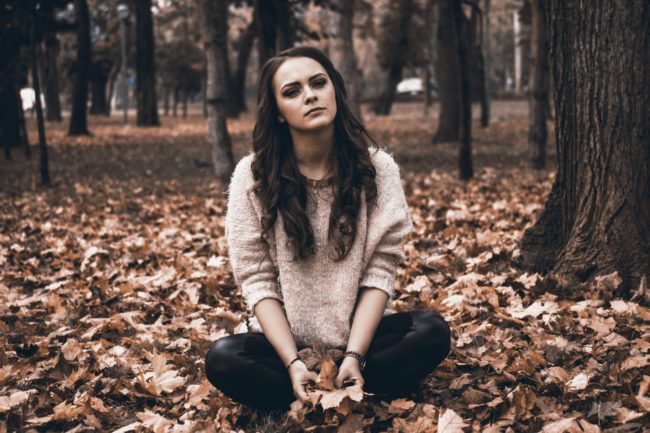
(Pexels)
They outlined how bi-erasure – the concept that bi people are less present and well-represented in the public consciousness – has made negative stereotypes of bi people more powerful.
“The findings support the notion that bisexual stereotypes are not learned but rather deduced from shared assumptions about sexuality,” they said.
“Consequently, public invisibility not only exists alongside bisexual stereotypes but might also exacerbate their uninhibited adoption.”
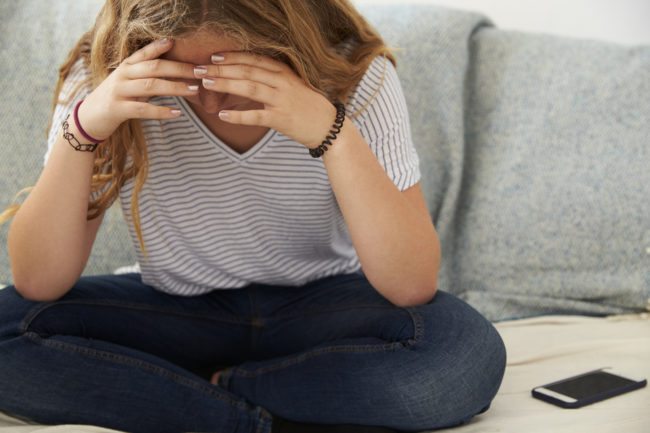
Speaking to PsyPost, Zivony explained: “Bisexual people live in a constant conflict.
“But unlike what is commonly assumed, this conflict is external rather than internal, caused by society’s negative attitudes towards bisexuality.
“On the one hand, society habitually ignores bisexuality,” continued Zivony, who is currently teaching a course called “All the colours of the rainbow: Research of sexual orientation and gender identity”.
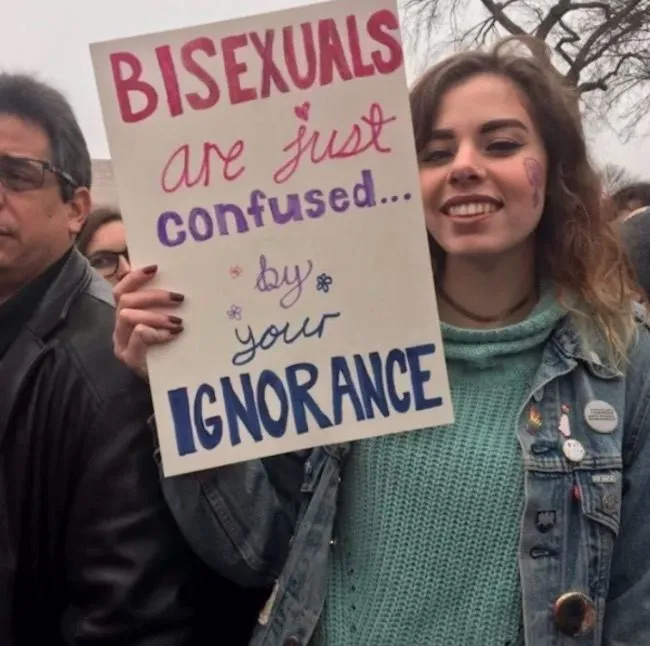
(Getty)
“Whenever a person professes any bisexual tendencies, they are automatically categorized as ‘gay, straight, or lying,’ he continued.
“On the other hand, bisexuality is associated with immaturity and inability to maintain a relationship.”
Zivony, 32, added that gender and sexuality should both be seen as existing on a spectrum, and that by doing so, society will become less biphobic.
“Bisexual stereotypes seem to be deduced based on the idea that men and women are opposites: if one holds two opposing attractions, then it stand to reason that this person will be confused,” he said.
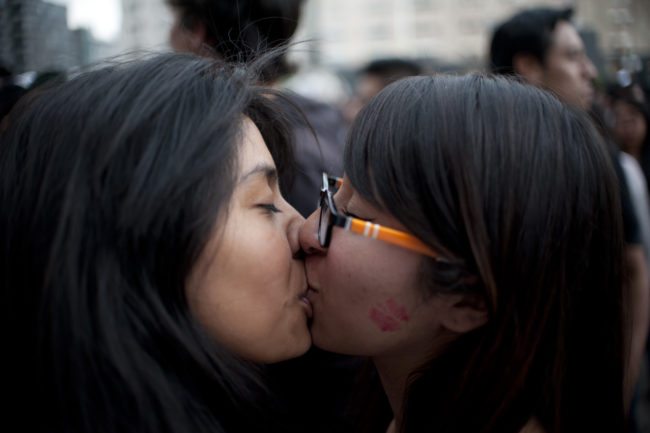
(Getty)
“However, it is becoming clearer and clearer that gender should not be viewed two dichotomous and opposing categories.
“Once we let go of the idea that gender is binary, it’s easier to see why bisexuality cannot determine a person’s personality.”
He also encouraged more education and public discussion about bisexuality.
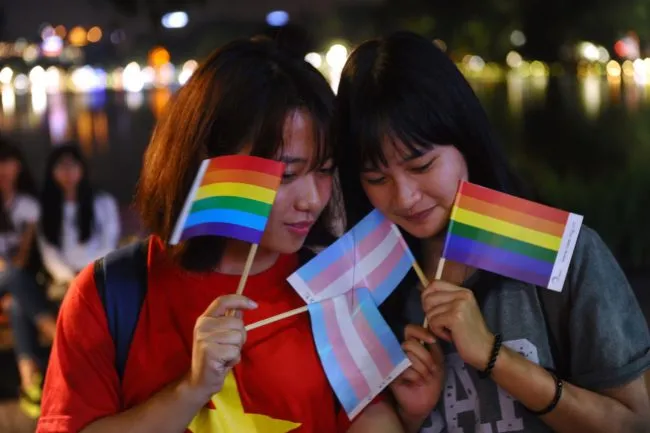
(Photo: HOANG DINH NAM/AFP/Getty Images)
“We found that individuals who lacked knowledge about bisexuality were more likely to evaluate bisexual women as confused and promiscuous,” said Zivony.
“This means that society’s tendency to ignore bisexuality is harmful to bisexuals.
“But this finding is also encouraging to some degree: it means that educating the public about bisexuality can help reduce prejudice and therefore improve the lives of bisexual individuals.
“As a society, we need to talk more about bisexuality.”

A study last year found that bisexual people have worse relationships, on average, than straight or homosexual people.
Bisexual people have consistently been found to have the lowest life satisfaction among LGBT people.
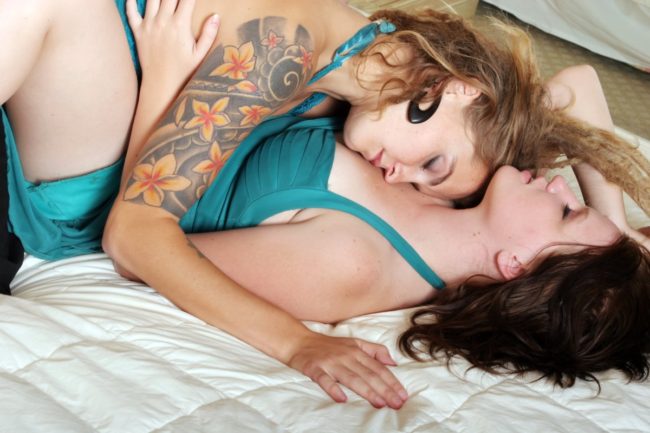
They also feel less worthwhile and happy – and much more anxious – than other people, according to a study from last year.
And it was also revealed that bisexual people sleep worse than everyone else, with bi women being especially affected.

